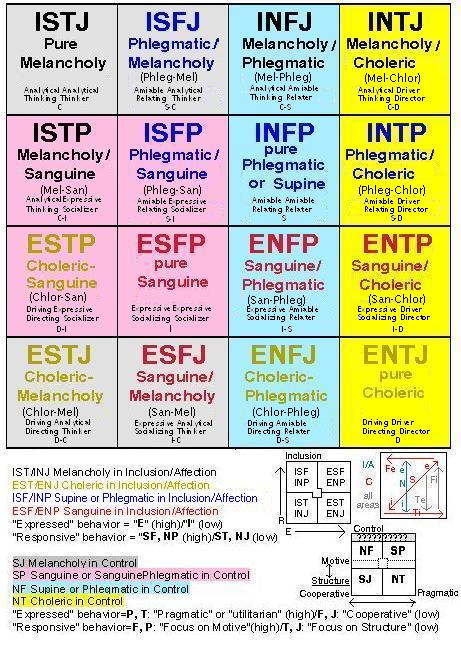Those "traditional" systems (which aren't really developed; they go strictly by behavioral traits —rather than driving needs, which only give an idea, but could be affected by other things) don't really define temperament blends, so since both INFJ and INTJ is Melancholic on the
surface (INJ-Interaction Style, introverted, directive), they could have colored this "idealism, philosophical thoughtfulness, and commitment to ideas" stereotype, and knowing ISTJ's who are the purest Melancholics, they can be those ways from a combination of things (Introversion, just being T; deep "Thinkers", tertiary Fi, inferior Ne in older people). Those four temperament systems don't sort all of this out. Temperaments can behave in similar ways, but for different reasons.
Phlegmatic's behavior is not from Si "familiarity", as from a lack of energy. (That's a big evidence of five-temperament theory. The Phlegmatic is really moderate, because it is not driven due to lower energy. Or, in four temperament theory, where it is introverted and people-focused; those two poles produce some of that behavior as well).
ISFJ is Phlegmatic (if not Supine) because of the ISF, not the IS by itself. INTP seems Melancholic because of the combination of introversion with the structure focus of the NT. Again, other temperament systems don't sort this out, so the factor traits become blurred or melded together. The classic temperament system is really blind to S/N, except for it tying together opposite conative (Keirseyan) groups.
ISFP likewise would be Phlegmatic because of the ISF. You're now saying you wouldn't put that, though you said IS was Phlegmatic. ISF can also be Supine, and it seems the Fi-preferring IF's are Supine more often than Phlegmatic (OrangeAppled is a Phlegmatic INFP, and they seem a bit different, and confuse as INTP's, who are more often Phlegmatic, with Supines confusing as NFP).
The SP part makes ISFP part Sanguine, while INTJ is Melancholic-Choleric, so that's why you would see them as Sanguine and Choleric, respectively.
Each temperament actually ends up with seven types associated with it. Four Keirsey temperaments and four Interaction Styles, with one type being that temperament in both areas. So all temperaments will be associated with all eight letters in one blend or another.
| E | I | S | N | T | F | J | P |
| Melancholic | 2 | 5 | 5 | 2 | 4 | 3 | 6 | 1 |
| Choleric | 5 | 2 | 2 | 5 | 6 | 1 | 5 | 2 |
| Sanguine | 5 | 2 | 5 | 2 | 3 | 4 | 1 | 6 |
| Phlegmatic/Supine | 5 | 2 | 2 | 5 | 1 | 6 | 3 | 4 |
This is using this as the key:

